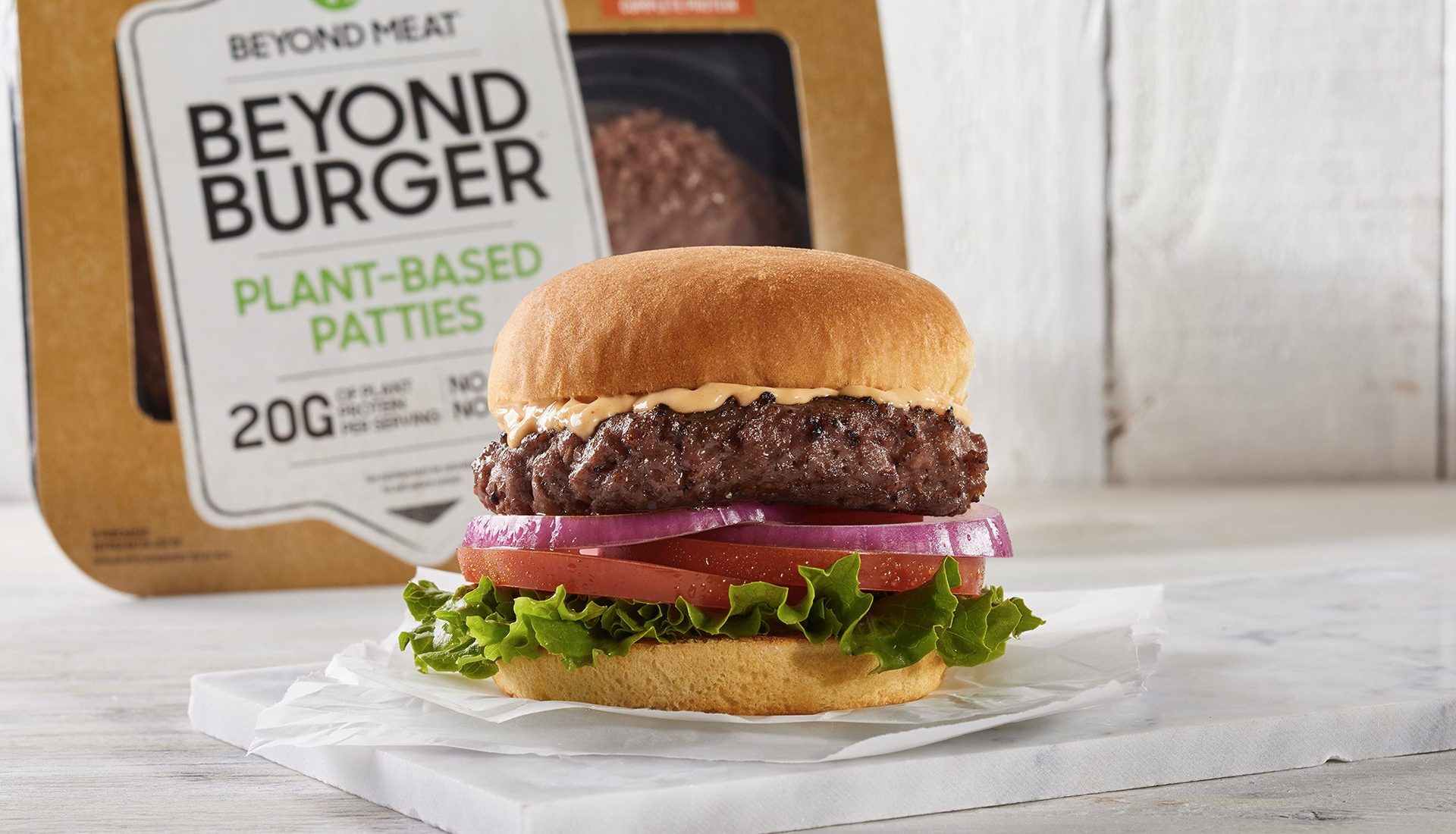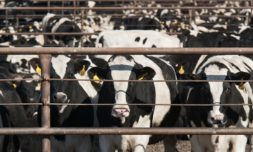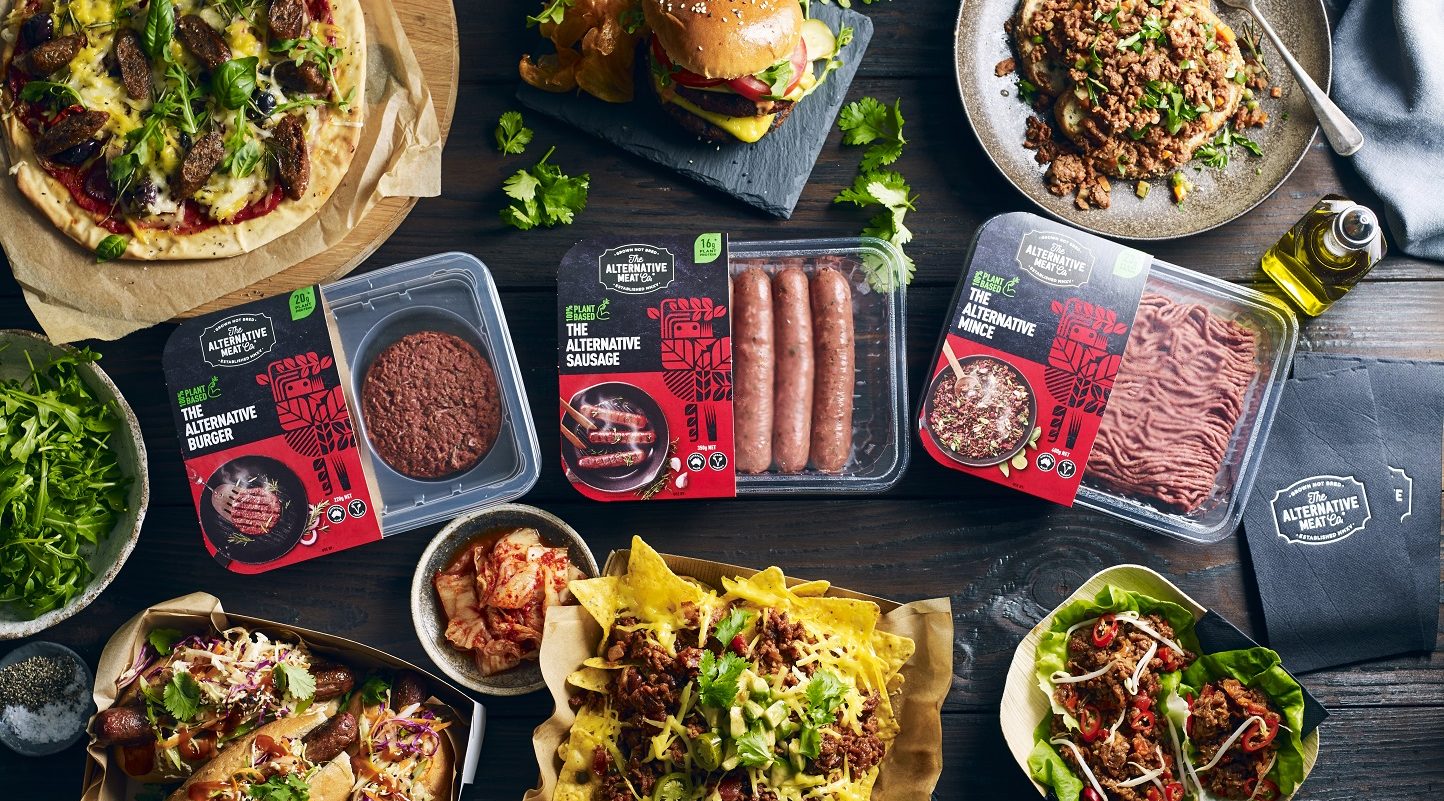COVID-19 is giving consumers the time and headspace to become more socially conscious.
Recently I wrote on the atrocities of factory farming. Writing the article was, if I’m honest, an existential nightmare that painted a bleak picture of the deep hole we’ve gotten ourselves into with our insatiable appetite for meat.
I came to the same conclusion that many others had come to before me: whilst ethical farming is possible in theory, it’s completely inconceivable if we breed livestock at the same rate we are now. The only way to wriggle out of this ethical and environmental predicament is to slowly replace the dearth of meat in the average person’s diet with plant-based alternatives, which are far more resource conservative, environmentally friendly to produce, and give the livestock industry the space to pivot towards more ethical practices.
Gen Z has been slowly waking up to this reality, with Silicon Valley based start-ups like Impossible Foods and Beyond Meat skyrocketing in popularity and stock value over the past few years, accumulating high profile investors like Bill Gates. Morally and financially, plant-based meat is rapidly gaining on the animal produce industry, and it seems that lockdown has accelerated this progress.

American data firm Nielson has reported that meat alternative sales in the US increased 225% in the last week of March, two weeks after the government announced the lockdown. The figures for the plant-based market were already promising earlier in the year, with sales of plant-based meat already ballooning at 158.3% year-on-year in the last week of February, but it seems that lockdown has further whetted the appetite of consumers to try these products.
Rachel Konrad, the CCO of Impossible Foods, suggests that this surge of interest could be partly due to the role of animal consumption in instigating the COVID-19 pandemic. Since news that the virus originated in the wet markets of China hit the mainstream, a sense of collective squeamishness could be impacting sales of fresh meat.





















